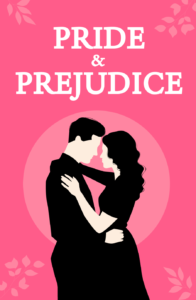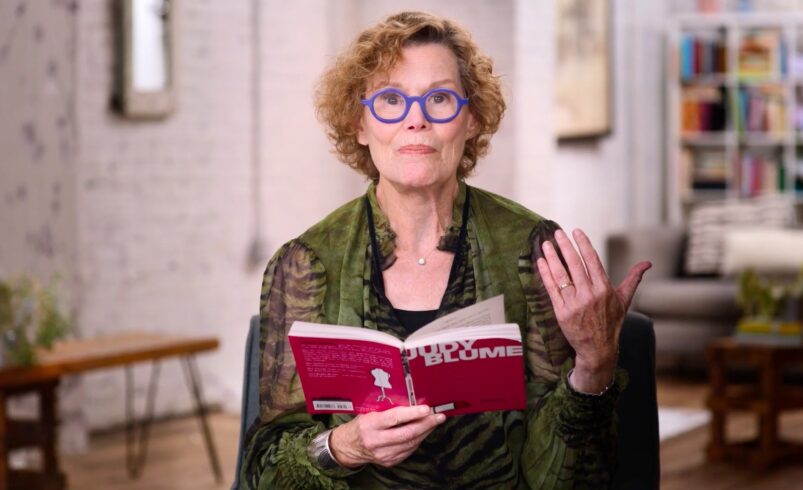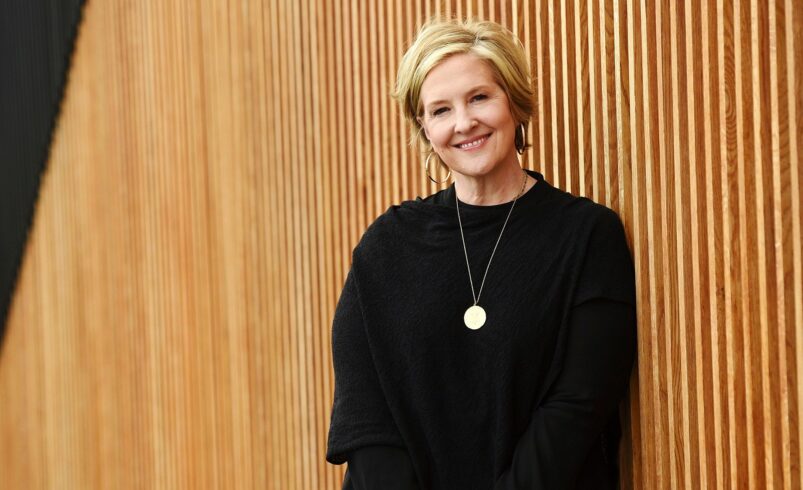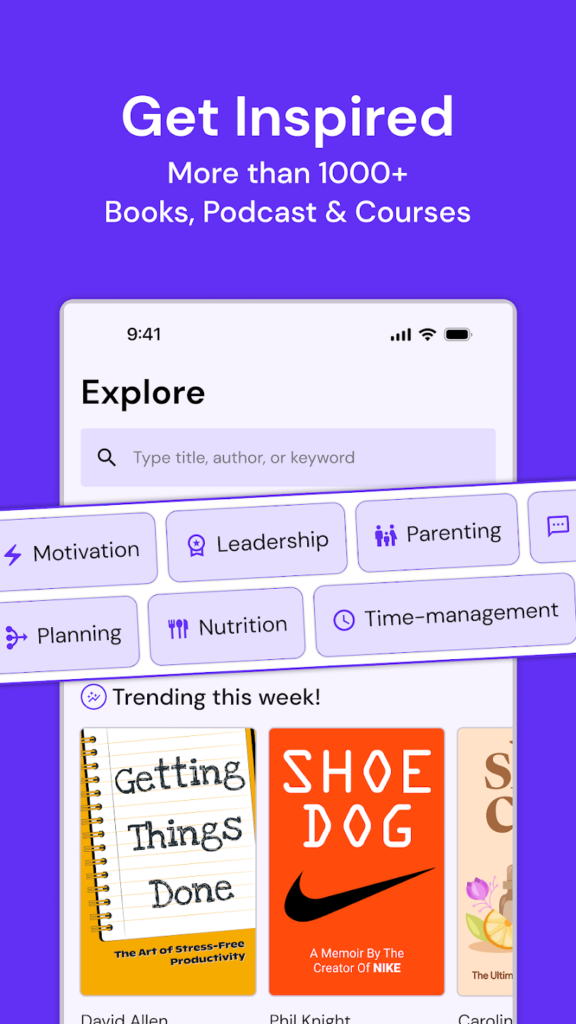
A novel is a long-form fictional narrative that explores human experiences, emotions, and social issues through a structured plot and well-developed characters.
Unlike shorter works like short stories or novellas, novels have the space to analyse deeply into complex themes and build intricate worlds. They often encompass a broad range of genres, from romance and mystery to science fiction and historical fiction.
The term “book,” on the other hand, is a general term that refers to any written or even printed work that can be fiction, non-fiction, reference material, or even an anthology. Essentially, all novels are books, but not all books are novels.
The key difference between novels and books lies in their scope and purpose. A “book” is an umbrella term that can describe any collection of written content bound together, including textbooks, cookbooks, biographies, and more. A “novel,” however, specifically refers to a work of fiction that tells a story through a narrative structure, often exploring themes, character development, and a central plot.
While a book can be educational or informational, a novel is primarily crafted for storytelling and entertainment.
Here are some highly acclaimed novels to read:
Contents
- 1 “Pride and Prejudice” by Jane Austen
- 2 “To Kill a Mockingbird” by Harper Lee
- 3 “1984” by George Orwell
- 4 “The Great Gatsby” by F. Scott Fitzgerald
- 5 “Jane Eyre” by Charlotte Brontë
- 6 “Moby-Dick” by Herman Melville
- 7 “The Catcher in the Rye” by J.D. Salinger
- 8 “The Lord of the Rings” by J.R.R. Tolkien
- 9 “Wuthering Heights” by Emily Brontë
- 10 “Crime and Punishment” by Fyodor Dostoevsky
- 11 “One Hundred Years of Solitude” by Gabriel García Márquez
- 12 “Frankenstein” by Mary Shelley
- 13 “The Picture of Dorian Gray” by Oscar Wilde
- 14 “Anna Karenina” by Leo Tolstoy
“Pride and Prejudice” by Jane Austen
This classic novel explores themes of love, class, and social expectations through the story of Elizabeth Bennet and Mr. Darcy. Set in the early 19th century, it offers a satirical look at the complexities of relationships, making it a timeless tale of romance and societal critique.

“To Kill a Mockingbird” by Harper Lee
Set in the racially minded American South, this novel follows Scout Finch and her father, Atticus, as they navigate issues of race, justice, and morality. The book is renowned for its poignant exploration of prejudice and human integrity.
“1984” by George Orwell
This dystopian novel paints a grim picture of a totalitarian regime that uses surveillance, propaganda, and fear to control its citizens. The story of rebellion against Big Brother serves as a powerful warning about the dangers of government overreach and the erosion of individual freedoms.
“The Great Gatsby” by F. Scott Fitzgerald
This book tells the story of Jay Gatsby’s American Dream and his love for Daisy Buchanan. Through its exploration of wealth, ambition, and societal decay, the novel captures the disillusionment of an era.
“Jane Eyre” by Charlotte Brontë
This novel follows the life of Jane Eyre, as she overcomes hardship and oppression to find love and independence. A blend of gothic elements, romance, and social commentary, “Jane Eyre” remains a powerful exploration of a woman’s quest for self-respect and equality.
“Moby-Dick” by Herman Melville
This is an epic tale of obsession and revenge that follows Captain Ahab’s relentless pursuit of the white whale, Moby-Dick. The novel delves into the themes of fate, humanity, and the limits of knowledge, making it a hallmark of American literature.
“The Catcher in the Rye” by J.D. Salinger
This novel captures the alienation of adolescence through the eyes of the protagonist Holden Caulfield, a disillusioned teenager navigating the complexities of adulthood. The author’s portrayal of youthful rebellion and the search for identity has made it a defining work of 20th-century literature.
“The Lord of the Rings” by J.R.R. Tolkien
A monumental work of fantasy till date, “The Lord of the Rings” follows the quest to destroy the One Ring and defeat the dark lord Sauron. Through its richly imagined world, deep tale, and epic battles between good and evil, Tolkien’s novel has become a defining influence on modern fantasy.
“Wuthering Heights” by Emily Brontë
A tale of passion, revenge, and the destructive power of love, “Wuthering Heights” tells the story of Heathcliff and Catherine Earnshaw’s tumultuous and devastating relationship. Set against the moody backdrop of the Yorkshire moors, the novel explores the darker aspects of human emotion.

“Crime and Punishment” by Fyodor Dostoevsky
This psychological novel delves into the mind of Raskolnikov, a young man who commits murder and grapples with guilt and redemption. Dostoevsky’s exploration of morality, justice has cemented “Crime and Punishment” as a masterpiece of Russian literature.
“One Hundred Years of Solitude” by Gabriel García Márquez
This novel chronicles the rise and fall of the Buendía family in the fictional town of Macondo, blending magical realism with historical events. García Márquez’s exploration of time, memory, and the cyclical nature of history has made it a cornerstone of Latin American literature.
“Frankenstein” by Mary Shelley
This novel tells the story of Victor Frankenstein, a scientist who creates a sentient being, only to abandon it out of fear and regret. The novel explores themes of ambition, responsibility, and the consequences of playing God, making it a foundational work of science fiction and horror.
“The Picture of Dorian Gray” by Oscar Wilde
In this novel, Dorian Gray remains eternally youthful while a portrait of him ages and bears the consequences of his increasingly immoral life. Wilde’s exploration of power offers a biting critique of society’s obsession with appearances.
“Anna Karenina” by Leo Tolstoy
A tragic tale of love, infidelity, and societal expectations, “Anna Karenina” follows the romance between Anna and Count Vronsky. Tolstoy’s exploration of the complexities of human relationships and the rigid social structures of 19th-century Russia makes this novel a profound study of the human condition.
Novels are a unique form of storytelling that allow readers to immerse themselves in fictional worlds while exploring real-life themes and emotions.
Unlike other types of books, novels offer a deep dive into the human experience, often challenging readers to think critically about society, morality, and the nature of existence.
Novels offer something for everyone, providing not just entertainment, but also insight into the world around us.
Want to know more about such books?
Read the complete set of most-read books FREE on the Wizdom App
Don’t forget to check the app out and get armed with 1500+ of the world’s best books, courses, podcasts, infographics, and more!
Find the link here to an endless journey of reading!

Aishwarya
Often found roaming between the realms of intellect and imagination, Aishwarya is currently practising her third year of Computer Science Engineering. She shares a special penchant towards writing which gives her an ideal way of expressing her creativity in a lucid and insightful writing style. Beyond that she's a voracious reader, an amateur artist and has a knack for Astrophysics.

Judy Blume’s Books: Stories for Every Stage of Life

10 Best Brene Brown Books To Read
Recent Posts
- 25 Top Quotes from The 10X Rule to Supercharge Your Ambition
- 10 Books You Must Read to Succeed in Your Career
- 30 Little Tricks for Big Success in Relationships
- 25 Life-Changing Self-Help Books to Read This December: Boost Your Mood and Your Mind
- 25 Amazing Self-Care Tips for December: Wrap Yourself in Joy, Not Stress

